Iranian Kurds Gather At Protester's Funeral Defying Regime Threats
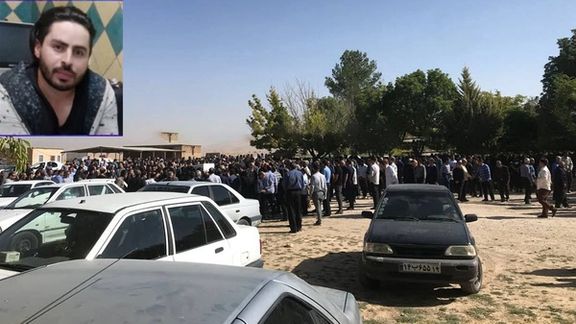
Kurdish-Iranians gathered for the burial of Hamed Baqeri (Bagheri) on Friday, in spite of threats from regime security.

Kurdish-Iranians gathered for the burial of Hamed Baqeri (Bagheri) on Friday, in spite of threats from regime security.
The young Iranian-Kurd was recently shot by regime forces while protesting in Karaj, with photos of the large attendance for his funeral appearing online as a mark of defiance to the authorities, which has been clamping down on all mass gatherings in the lead-up to Saturday's anniversary of the death of Mahsa Amini.
Mourners traveled from regions such as Eslamshahr-e Gharb in western Kermanshah province to the village of Tajar-e-Akbar to participate in the burial rites for Baqeri, according to Hengaw Human Rights Organization.
Citing sources close to Baqeri's family, Hengaw claims that the young man had expressed protest slogans against the dictatorship of the Islamic Republic even before the tragic incident in which he is believed to have died from four bullet wounds from security forces.
After the incident, Hamid Hadavand, commander of the Alborz Law Enforcement, referred to the young man as a "hooligan with a machete" during an interview with the Islamic Republic government's news agency, IRNA. He claims Baqeri allegedly "savagely attacked both civilians and law enforcement agents in Karaj" and was subsequently detained at the scene after officers resorted to gunfire.
Hengaw denies the claims and has accused Iran's state media of engaging in an "organized" dissemination of news containing "misleading and false information."
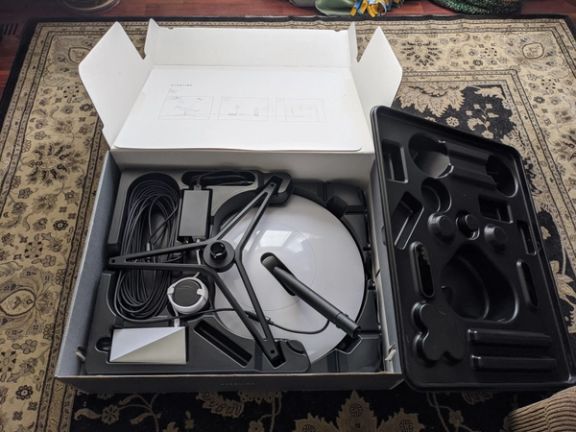
US NGO United Against Iranian Nuclear (UANI) has unveiled an initiative to provide internet services to Iranians in the face of state's access denial to citizens.
The group has managed to secure the initiative, Project Constellation, through the issuance of General License D-2, which authorizes an exemption to US sanctions for "discrete internet services".
The Starlink satellite project website says "the US government has taken action to support the free flow of information to and from the Iranian people".
It explained: "This license is crucial as it helps keep Iranians online amid pervasive efforts of the Islamic Republic to censor and shut down the internet early and often when there is even a hint of protests being planned."
Mass shutdowns have left millions cut off from the internet across Iran as the government continues its blanket censorship in a bid to prevent more protests, leaving many without access to work and vital services.
Starlink receivers began to be smuggled into Iran last September, in case of the regime enforcing a total blackout. Starlink, operated by Elon Musk’s SpaceX, is a global network of low-orbit satellites that bypasses the terrestrial internet, and helped restore connectivity in Ukraine after the Russian invasion.
Project Constellation will also offer a fundraising platform, where supporters of the Iranian people can donate funds to send Starlink satellite internet terminals to keep Iranians online. "Based upon the best efforts of our confidential partners, UANI expects to achieve a high rate of Starlink systems successfully smuggled into Iran," the website said.
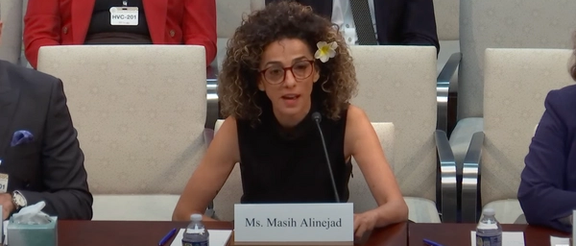
Iranian-American dissident Masih Alinejad says the Biden administration advised her to change her identity and disappear, in light of threats on her life by the Islamic Republic.
Appearing in a US House Foreign Affairs Committee hearing on Thursday, Alinejad revealed that she was offered witness protection, typically offered to people “whose lives are in danger as a result of their testimony against drug traffickers, terrorists, organized crime members and other major criminals,” as stated in the US Marshals Service website.
During the session, titled Iran’s Escalating Threats: Assessing US Policy Toward Iran’s Malign Activities, Alinejad also revealed that earlier this year the White House had warned her of at least 31 threats against her life.
“In an email, the administration strongly advised me to go into witness protection,” Alinejad said. “It means that I have to change my identity… to disappear. This is what exactly the Islamic Republic of Iran wants.”
The State Department is yet to respond to Iran International's request to provide comments on the issue.
The Biden administration has been heavily criticized this week for agreeing to release $6 billion frozen Iranian funds as part of a prisoner swap deal.
The criticism was echoed by some in the House Foreign Affairs Committee hearing, including Congressmen Rich McCormick (R-GA), Mike Lawler (R-NY) and House Foreign Affairs Committee Chair Michael McCaul (R-TX).
Masih Alinejad did also speak against the deal. She censured the Biden administration for showing “weakness” and trying “not to antagonize the ayatollahs”, claiming that the released funds will end up in the IRGC coffers, helping them in their attack on American interests as well as their suppression of the Iranian people.
“The money goes to the ‘morality police’ to kill more Mahsa Aminis,” she said, referring to the 22-year-old Kurdish Iranian woman whose death ignited the Women, Life, Freedom protests.
The rights activists added, “The money goes to the Revolutionary Guards to kill more children in Ukraine. The money goes to the relatives of the ayatollahs to actually promote Sharia laws to oppress more women in Iran.
“We all know that,” she concluded.
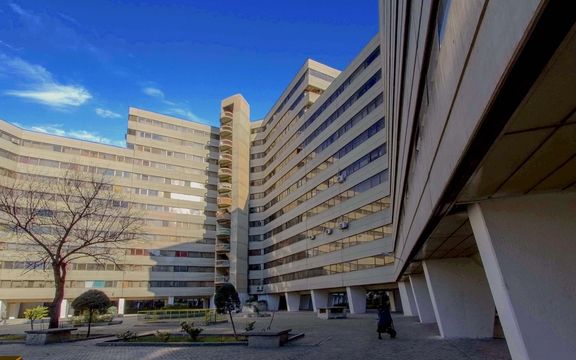
Ekbatan, in western Tehran, known for its resilience during last year's protests, is facing increased security measures to prevent fresh unrest on the anniversary.
Security forces and their plainclothes agents made their initial appearance in Ekbatan last week. They have already established checkpoints within the extensive middle-class apartment complex and have stationed special forces on motorcycles at various locations in and around the compound, including outside a mega mall and a hospital.
In preparation for the upcoming anniversary of Mahsa (Jina) Amini's death in custody of the morality police on September 16, 2022, residents have already begun nighttime chants from their windows. Slogans such as "Down with Khamenei," "Down with the child-killing regime," and "We will persist until the regime collapses, despite poverty, corruption, and high living costs," have echoed through the neighborhood in recent days.
“The sound of many people chanting echoed in the space between the apartment blocks and really scared the security forces. On several occasions they shot pellets and even live bullets indiscriminately at windows to stop people chanting,” Tara, a twenty-five-year-old resident told Iran International in an online chat. “It didn’t work. We returned and gave them more nightmares every night.”
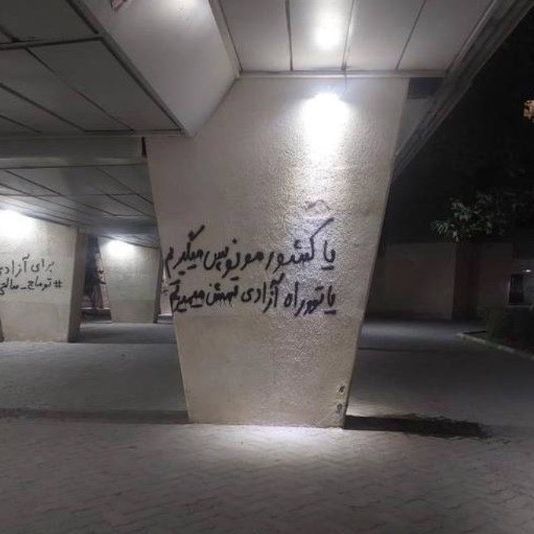
“Ekbatan was more active than other neighborhoods in Tehran because its structure and architecture made it difficult for security forces to control. Additionally, the residents’ community was and is much more tightly knit than in other neighborhoods,” Ashkan, a young man who manages Ekbatan protesters very popular Twitter, Telegram, and Instagram accounts told Iran International. “However, they have been familiarizing themselves with the terrain and become more dangerous,” he added.
Eight young men from Ekbatan who were accused of killing a member of the Basij militia during last year’s protests are still in prison and under great psychological and physical pressure to confess to the allegations that they all deny. “Just recently, they were moved from Rajai-Shahr prison to Ghezel Hesar,” Ashkan said. “They are still awaiting trial and are in very bad shape psychologically.”
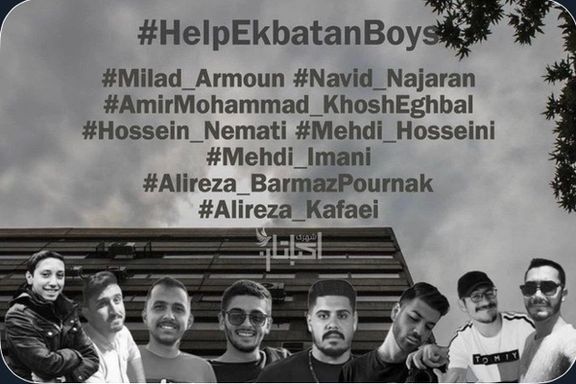
Protesters in Ekbatan often marched under the blocks at night and escaped into the vast green spaces when security forces raided them. They took refuge in one of the many entrances of the blocks, or hid in the apartments of the sympathetic residents who often left their doors open for them.
The five square-kilometer complex, with a population of 45,000 has over 15,500 apartments in 33 blocks built on wide columns. The columns under the blocks are a blank canvas for protesters to spray paint anti-regime graffiti. Ordered by security forces, the management of the blocks ensures that they quickly cover the graffiti with paint, but before long, more graffiti appears on the columns.
Complaining about the many disputes among expatriate groups over the leadership of the movement, Ashkan said protesters could have achieved much more if these disputes had not slowed down the movement. “This is a lengthy process, but anything can suddenly trigger massive protests again like Mahsa’s killing did last year,” he said but declined to comment on his own leadership preferences.
“I was personally very moved last year and became more determined when I saw the video showing Majidreza Rahnavard fighting so bravely for his rights in Mashhad, which is dominated by Basijis and corrupt hardliners. He was really fearless and fought like a hero," Ashkan said.
Rahnavard, 23, was the first of the seven young men executed in public for his involvement in the protests and the alleged stabbing of two Basijis in November 2022. He was hanged in public on December 12.
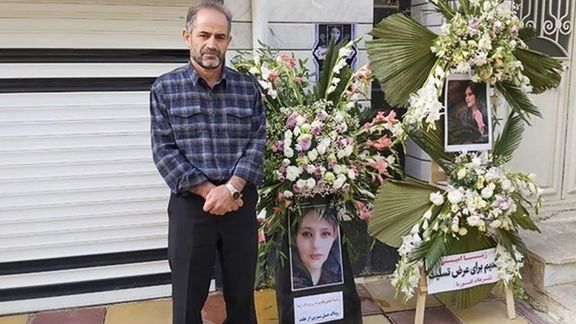
The father of Mahsa Amini continues to endure harassment from state security warning the family against holding events on the one-year anniversary of his daughter's death.
Amjad Amini has had multiple summons to the Intelligence Office in Saqqez over the past two days as regime forces brace for major protests marking the upcoming anniversary on September 16, the day Mahsa died in the hands of brutal morality police, following blows to the head.
In spite of the continued pressure, Mahsa’s father vowed to go ahead with commemorations at Mahsa's grave, which earlier this year was vandalized by what was believed to be regime affiliated thugs. "I have never accepted this, and we will hold the ceremony," he said.
Mahsa’s uncle was recently detained and transferred to an undisclosed location by security forces, with additional threats having been levied against Mahsa's brother, as the family is warned of legal repercussions for their mourning.
Adding to the climate of tension, numerous reports have emerged regarding the deployment of military armed forces to Kurdish cities across Iran. Human rights groups estimate that Saqqez, where Mahsa lived and was laid to rest, has seen the deployment of at least a thousand special forces, who are currently stationed within the city.
Mahsa’s death served as a catalyst for the formation of the Women, Life, Freedom movement and ignited nationwide protests, collectively known as the Iranian Uprising.
During the protests, the regime's armed forces resorted to brutal measures in an attempt to suppress dissent, resulting in the death of at least 570 citizens, including numerous children, as reported by human rights organizations.
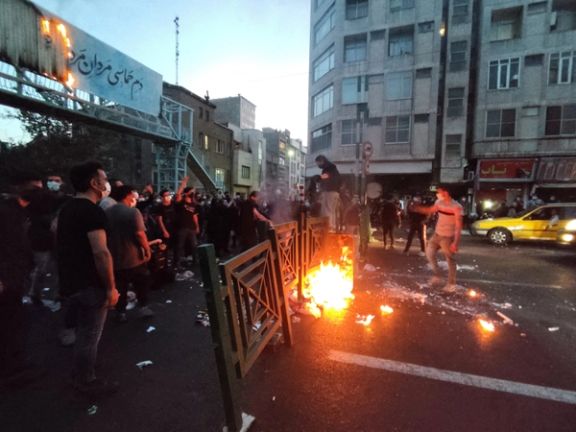
Amnesty International has urged the international community to combat impunity for the brutal crackdown of Iranian protesters by the Islamic Republic.
In a statement released on the occasion of the first death anniversary of Mahsa Amini that catalyzed a revolt later known as the Women, Life, Freedom movement, the human rights organization said the world must pursue pathways for justice at the international level to address systemic impunity for Iranian officials responsible for hundreds of unlawful killings of protesters and widespread torture.
Exacerbated by years of economic and social suffocation and subjugation under the rule of a corrupt autocratic regime, people took to streets across Iran last September. The uprising was dealt with by a bloody crackdown by police and Revolutionary Guard’s agents leaving about 600 protesters dead and tens of thousands detained.
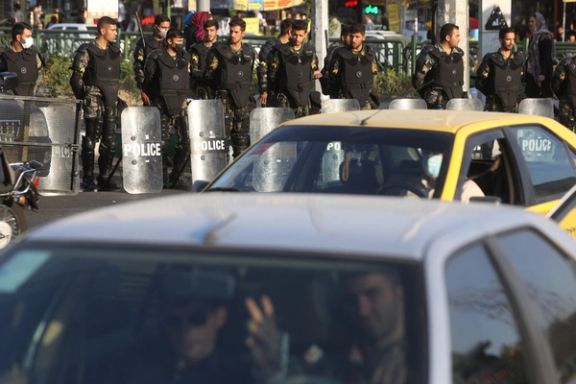
Amnesty pointed out that Iranian authorities have committed a litany of crimes under international law to eradicate any challenge to their iron grip on power over the past year. “These include hundreds of unlawful killings; the arbitrary execution of seven protesters; tens of thousands of arbitrary arrests; widespread torture, including rape of detainees; widespread harassment of victims’ families who call for truth and justice; and reprisals against women and girls who defy discriminatory compulsory veiling laws.”
The group’s Deputy Regional Director for the Middle East and North Africa, Diana Eltahawy, slammed the regime’s authorities for “inflicting unspeakable cruelty on people in Iran for courageously challenging decades of repression and inequality,” noting that “not one official has been criminally investigated, let alone prosecuted and punished for crimes committed during, and in the aftermath of, the uprising.”
She also described the anniversary of the ‘Woman Life Freedom’ protests as “a stark reminder for countries around the world of the need to initiate criminal investigations into the heinous crimes committed by the Iranian authorities under universal jurisdiction.”
Eltahawy also called on the world's leaders to issue statements explicitly calling on Tehran to halt the use of firearms against protesters, stop torturing detainees, and release all detained protesters. “These actions show victims they are not alone in their darkest hour.”
Amnesty decried the regime's raft of new measures against women and girls who defy compulsory hijab, including the confiscation of cars and denial of access to employment, education, healthcare, banking services and public transport as well as finesand degrading punishments, such as washing corpses.
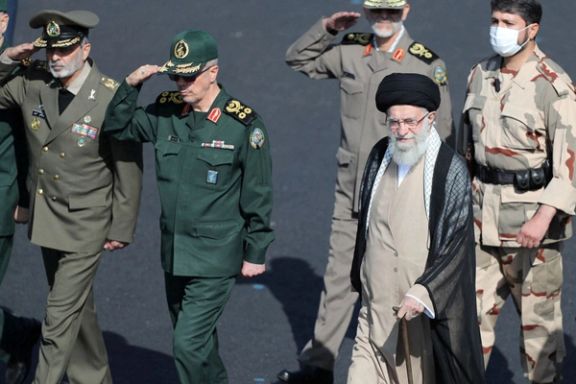
“This assault on women’s rights is taking place amid a spate of hateful official statements referring to unveiling as a 'virus', 'social illness' or 'disorder' as well as equating the choice to appear without a headscarf to 'sexual depravity,’” the right group added.
Amnesty also raised alarm about the detention and summoning of human rights defenders and journalists, saying that “at least 90 journalists and other media workers and 60 lawyers, including those representing families of individuals unlawfully killed,” have been arrested. Scores of other lawyers were summoned for interrogations.
Describing it as “a tsunami of torture,” Amnesty said that to quash the protests security forces fired live ammunition and metal pellets, causing injuries amounting to torture or other ill-treatment to thousands, including blinding, loss of limbs and impaired mobility. “The authorities also oversaw the widespread commission of torture and other ill-treatment against thousands of detained protesters, including children.”
Amnesty International called the establishment of a Fact-Finding Mission on Iran by the UN Human Rights Council in November 2022 as a good measure but insisted that much more is needed “to deter further cycles of bloodshed.”
During the past several days, the international community has stepped up condemnation of Iran’s crackdown on dissent as Iranians are getting ready for more protests on the anniversary of the uprising, but none has so far resulted in tangible results for the people.
The US overwhelmingly passed the MAHSA Act on Tuesday to strengthen Washington’s sanctions on the regime over violation of human rights. Also on Tuesday, members of the European Parliament grilled EU’s foreign policy chief Josep Borrell over the bloc’s Iran policy.






